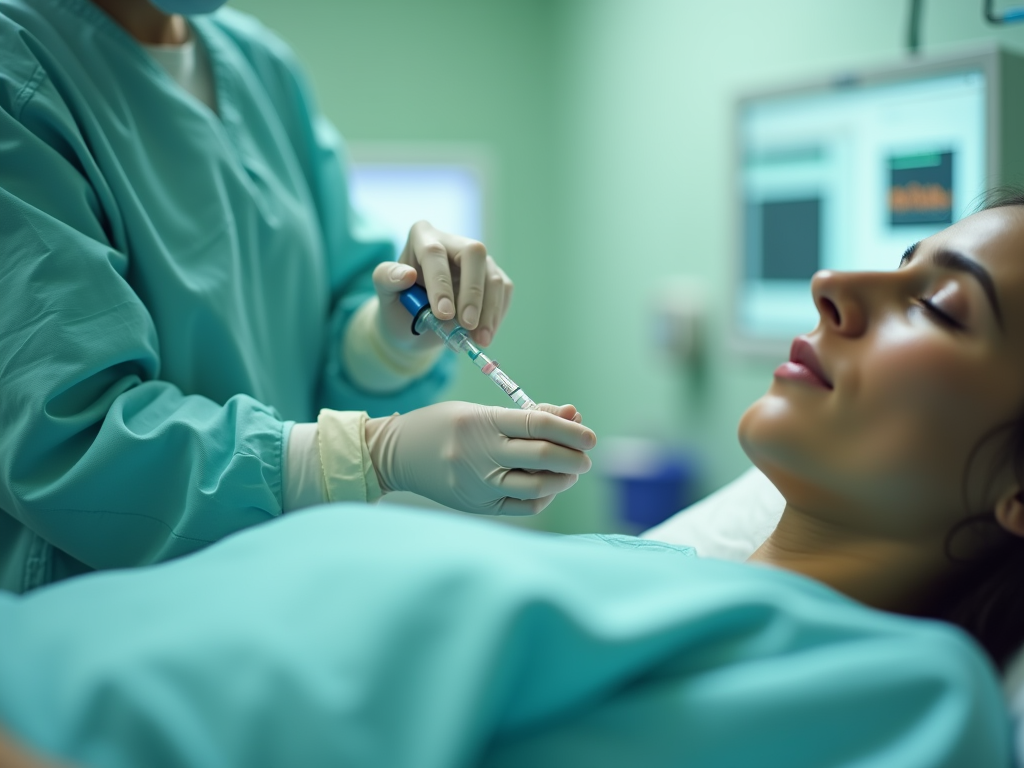Nanotechnology is revolutionizing healthcare in Dubai by improving diagnosis, treatment, and patient care through innovative applications of materials at the nanoscale. With its ability to enhance the efficacy of drugs, create new diagnostic tools, and facilitate targeted therapies, nanotechnology is paving the way for groundbreaking healthcare innovations in the region. Dubai, renowned for its commitment to becoming a global healthcare hub, is leveraging nanotechnology to address various medical challenges and improve patient outcomes. This article explores the multifaceted role of nanotechnology in transforming Dubai’s healthcare landscape.
Advancements in Drug Delivery Systems

One of the most significant applications of nanotechnology in healthcare is in drug delivery systems. Traditional methods of drug delivery often face challenges such as low bioavailability, poor solubility, and non-specific distribution, which can hinder treatment effectiveness. However, nanoparticles can encapsulate and transport drugs directly to target cells, minimizing side effects and maximizing therapeutic impact. Some key advancements in this area include:
- Targeted Delivery: Nanoparticles can be designed to bind to specific receptors on diseased cells, allowing for more precise treatment of conditions such as cancer.
- Controlled Release: Nanotechnology enables the controlled release of drugs over extended periods, leading to better management of chronic conditions.
- Improved Solubility: Nanoparticles enhance the solubility of poorly water-soluble drugs, increasing their effectiveness and absorption.
Revolutionizing Diagnostics

Nanotechnology is also transforming diagnostic processes, allowing for earlier and more accurate disease detection. Conventional diagnostic methods can be time-consuming and may lack sensitivity. Nanodiagnostics, however, leverage nanomaterials to improve the specificity and sensitivity of tests, enabling healthcare professionals to diagnose conditions at much earlier stages. Notable innovations include:
- Nanoparticle-based biosensors that detect biomarkers in blood samples.
- Imaging agents with enhanced contrast properties for MRI and CT scans.
- Rapid diagnostic tests that produce results within minutes, significantly improving patient outcomes.
Personalized Medicine and Nanotechnology
Personalized medicine aims to tailor healthcare treatments to individual patient needs, and nanotechnology plays a crucial role in this approach. By analyzing genetic profiles and disease mechanisms at the nanoscale, healthcare providers in Dubai can develop customized treatment plans that increase the efficiency of therapy. This evolution toward personalized care involves several components:
- The use of nanoparticles for targeted drug formulation based on individual patient characteristics.
- Genomic analysis employing nanotechnology to understand disease predispositions at a molecular level.
- Development of modular treatment regimens that can be adjusted in real time as patient responses are monitored.
Improving Medical Devices
Medical devices are essential in the diagnosis and treatment of various conditions, and nanotechnology enhances their performance and efficacy. Innovations in this field include the integration of nanomaterials that improve the functionality of devices such as implants, sensors, and diagnostic equipment. Key advancements include:
- Smart Implants: Implants that incorporate nanosensors can monitor physiological parameters and release medication when necessary.
- Enhanced Imaging: Nanotechnology contributes to superior imaging techniques, enabling clearer visuals and better diagnosis.
- Wearable Devices: Wearables that utilize nanoscale materials can provide continuous health monitoring, offering data-driven insights into patient health.
Conclusion
In summary, the integration of nanotechnology in Dubai’s healthcare sector is not just a trend but a significant leap toward advanced medical practices that promise better health outcomes for patients. As the region continues to invest in research and infrastructure geared towards nanotechnology, the potential for innovations in drug delivery, diagnostics, personalized medicine, and medical devices will expand. This transformative technology is essential for Dubai’s ambition to become a leading healthcare hub in the world, making it a critical player in the longevity and quality of care for its residents and beyond.
Frequently Asked Questions
1. What is nanotechnology in healthcare?
Nanotechnology in healthcare refers to the application of nanomaterials and nano-scale techniques in the diagnosis, treatment, and prevention of diseases, enhancing the overall efficacy of medical practices.
2. How is nanotechnology used in drug delivery?
Nanotechnology is used in drug delivery by enabling the creation of nanoparticles that can encapsulate drugs and deliver them directly to targeted cells, thus improving treatment effectiveness and minimizing side effects.
3. What advantages does nanotechnology offer in diagnostics?
Nanotechnology offers improved sensitivity and specificity in diagnostics, allowing for earlier disease detection and rapid test results through the use of nanomaterials in diagnostic tools.
4. Can nanotechnology aid in personalized medicine?
Yes, nanotechnology aids in personalized medicine by enabling the analysis of individual genetic profiles and tailoring treatment plans based on specific patient characteristics.
5. What future innovations can we expect in Dubai’s healthcare due to nanotechnology?
Future innovations may include advanced targeted therapies, smart medical devices, and enhanced diagnostic tools that leverage nanotechnology to further improve patient care and health outcomes.


